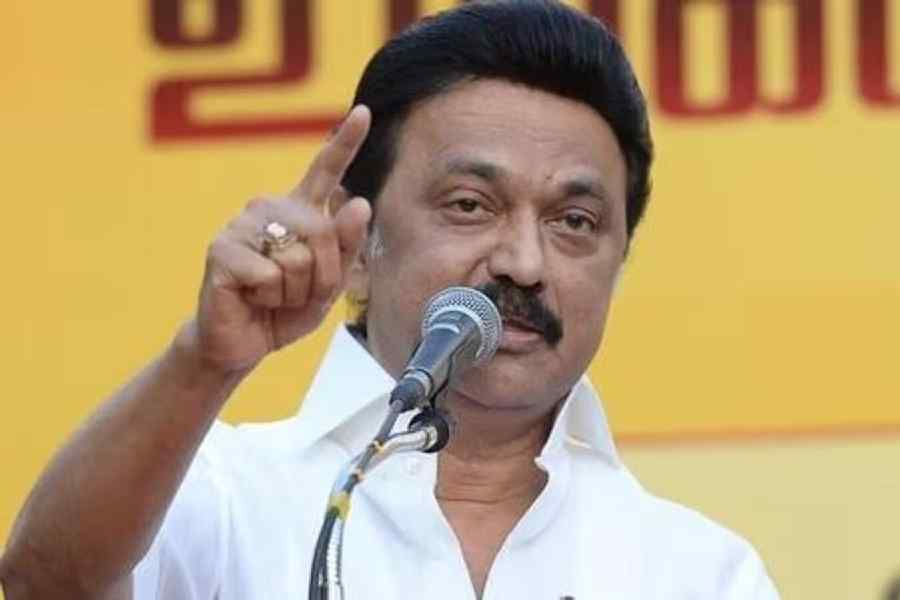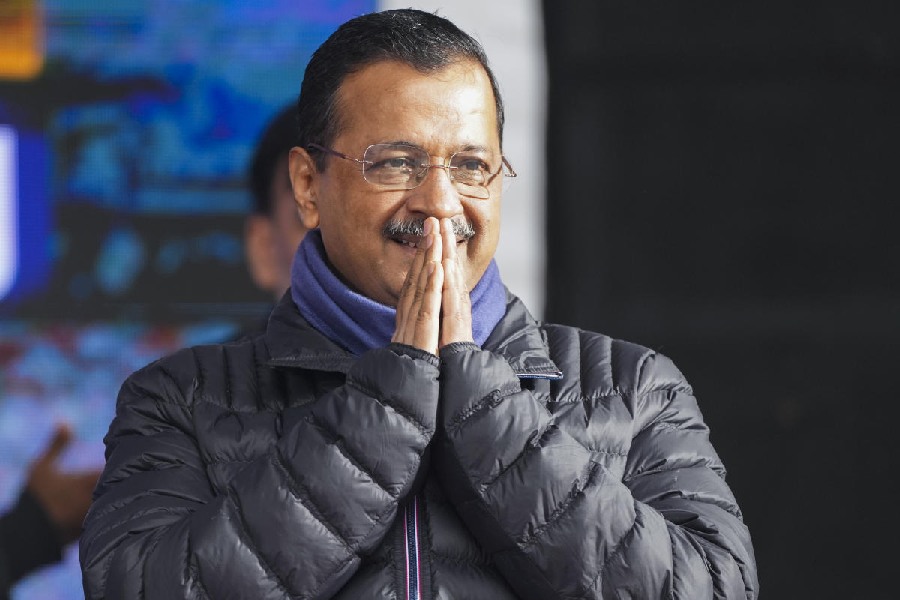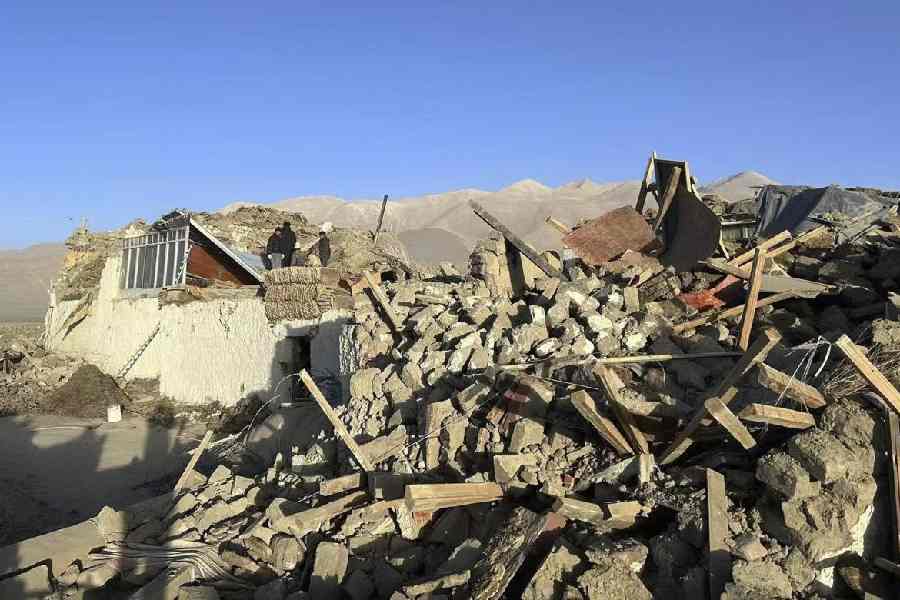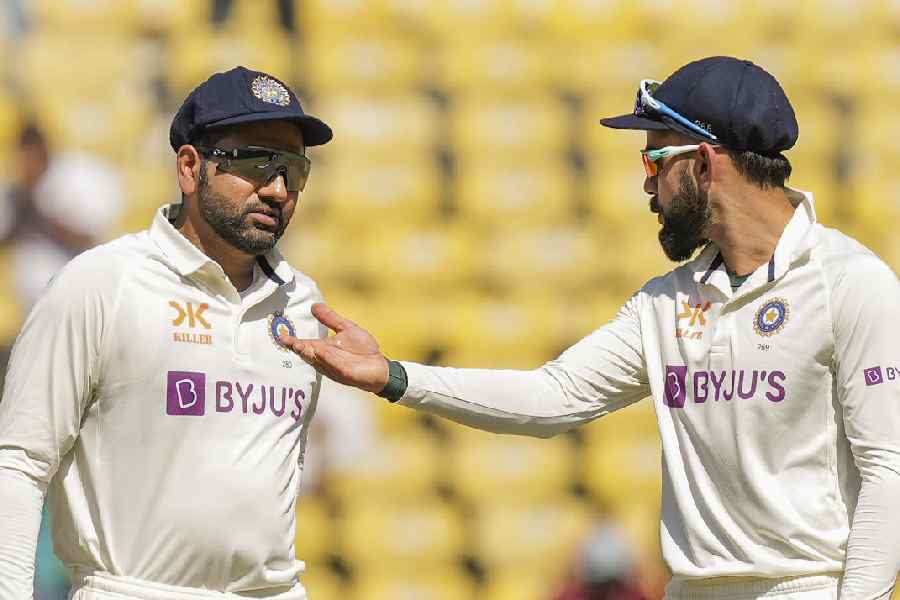The Narendra Modi government is particularly adept at lighting fires. The Agnipath scheme — typically high on bombast and short on substance — is yet another example of the regime peddling tokenism in the name of radical reform. Among other provisions, Agnipath envisages the recruitment of citizens aged between 17.5 and 21 for a short, four-year stint in the army, navy and the air force. The Agniveers — cadre that make the cut — would be entitled to a salary and a life-insurance cover during their tenure along with a financial package at the end of four years. However, gratuity and pensions will not be offered; severance packages remain out of bounds; worse, as much as 75 per cent of the recruits would be demobilised at the end of their service, with only 25 per cent retained on the basis of merit. The onus, clearly, is on cutting down the ballooning bill for defence salaries and pensions. The nation’s youth seem to have seen through the ruse. Protests have already broken out, with a number of young people complaining about the non-permanent nature of the employment. This is not the only concern. Several military veterans are of the opinion that inadequately trained personnel could lower the high standards of the Indian army, especially at a time when the nation is being challenged by adversaries at its borders. There is worry regarding disruptions in the armed forces’ traditional regimental structures as well. Given the scale of demobilisation integral to this programme, the possibility of the militarization of society cannot be ruled out. Semi-trained, disgruntled Agniveers, shorn of the prospect of stable employment, could also be vulnerable to poaching from nefarious constituencies.
The Achilles’ heel of Narendra Modi’s government has been its utter failure to generate employment. This prompts it to undertake ruinous experiments periodically in the name of welfare: Agnipath’s fate may not be different from demonetisation, which broke the back of India’s informal economy. Mr Modi’s entrapment within effusive echo chambers discourages the scrutiny of policy decisions. This initiative, it must be noted, was passed without suitable discussion from diverse stakeholders. Engineering schisms and an uncritical media have been central to the BJP’s political longevity. But faulty policies can render governments vulnerable











